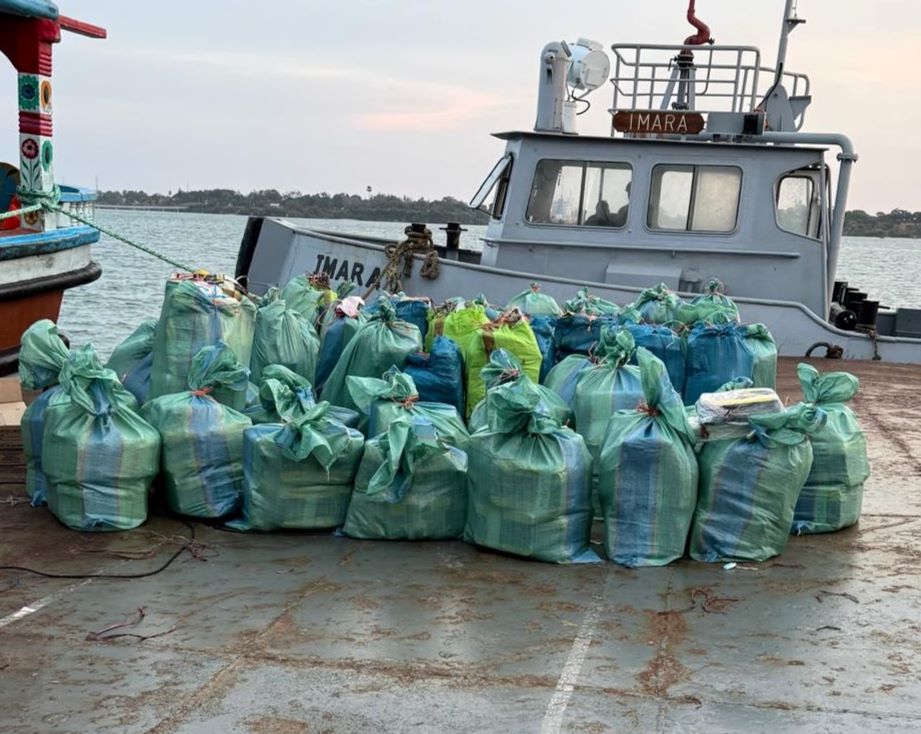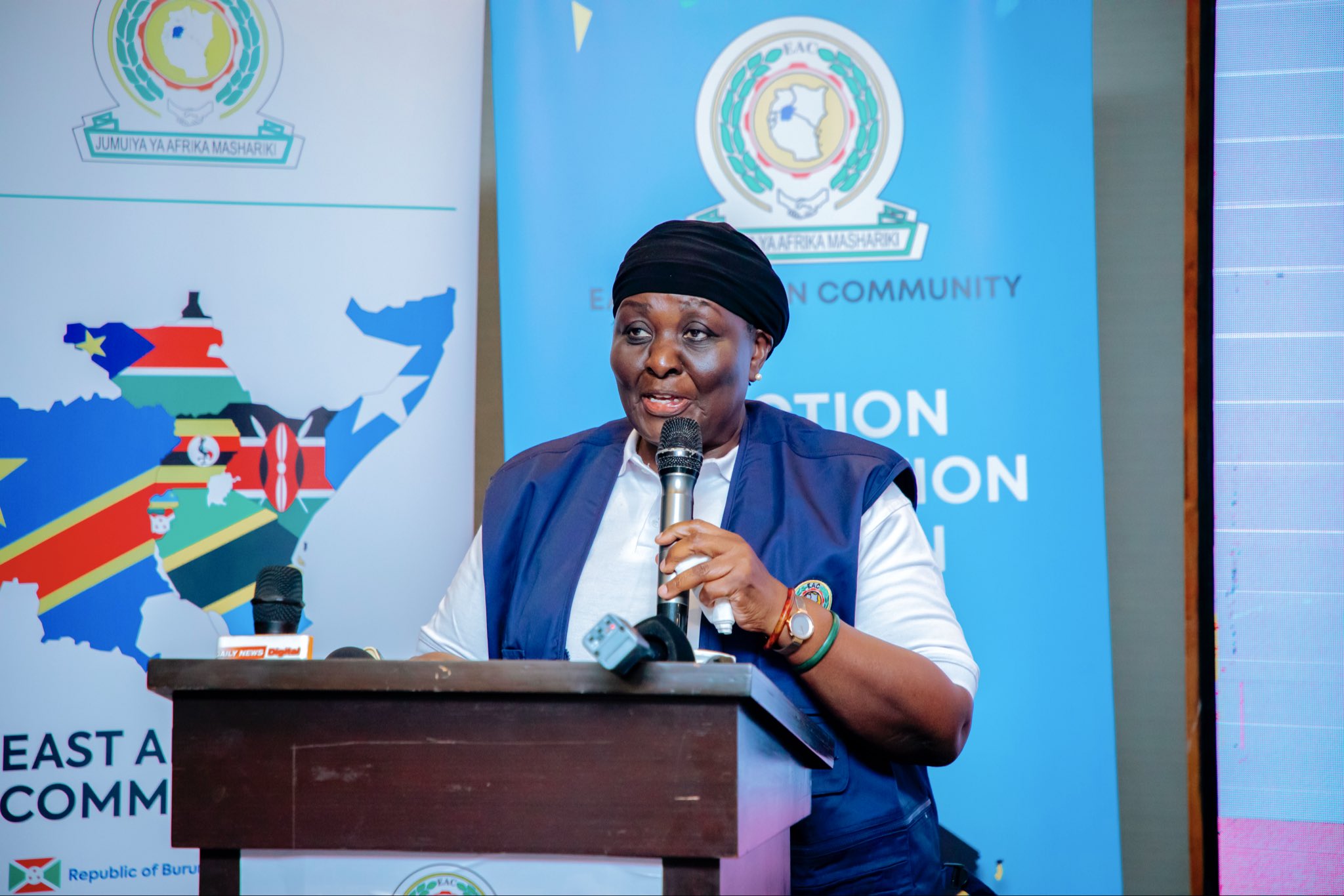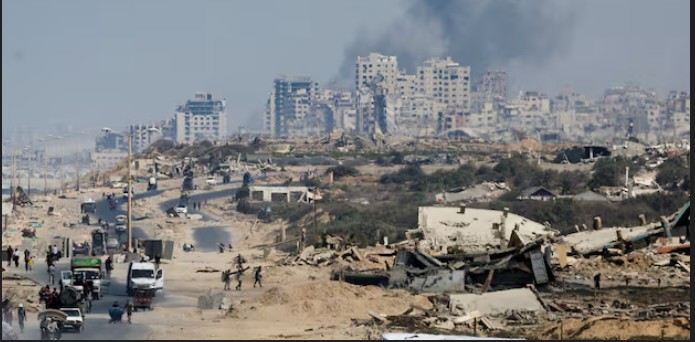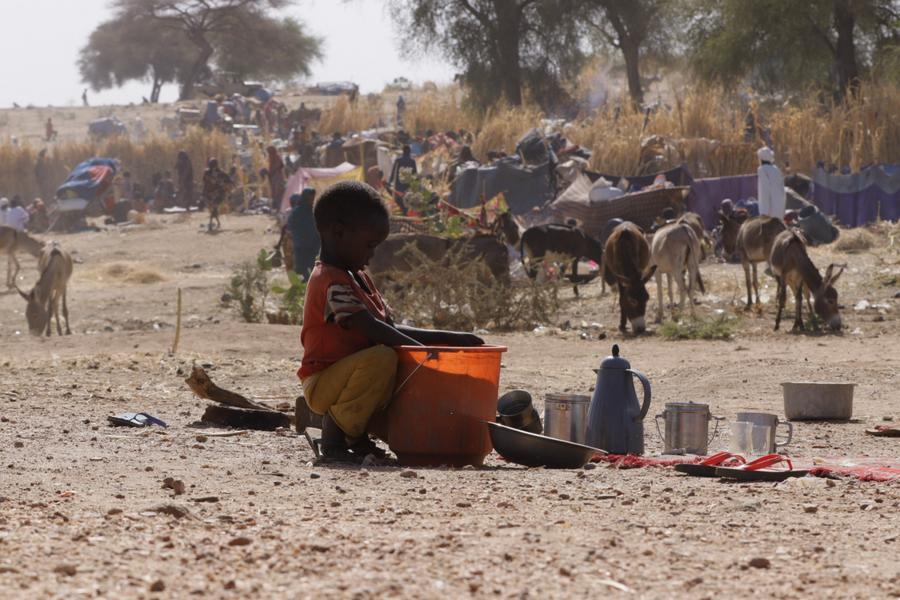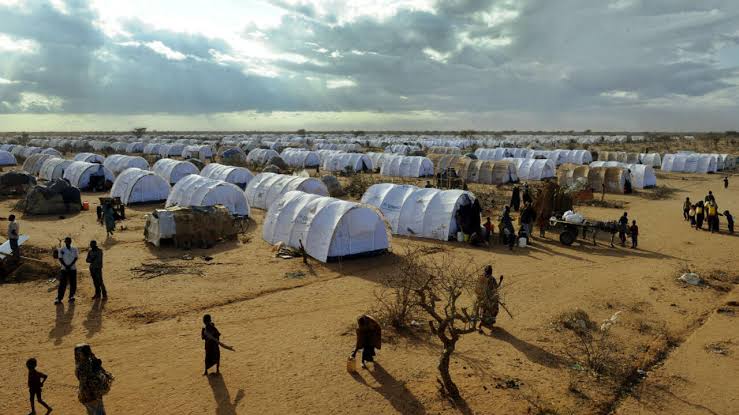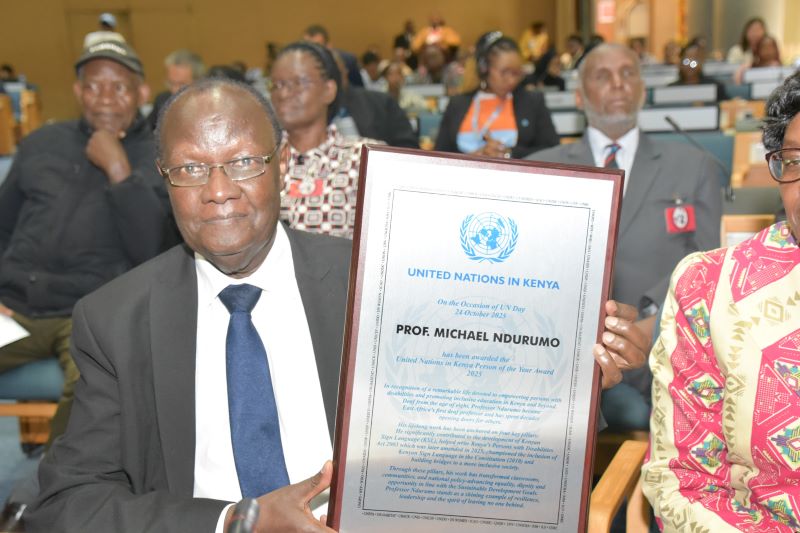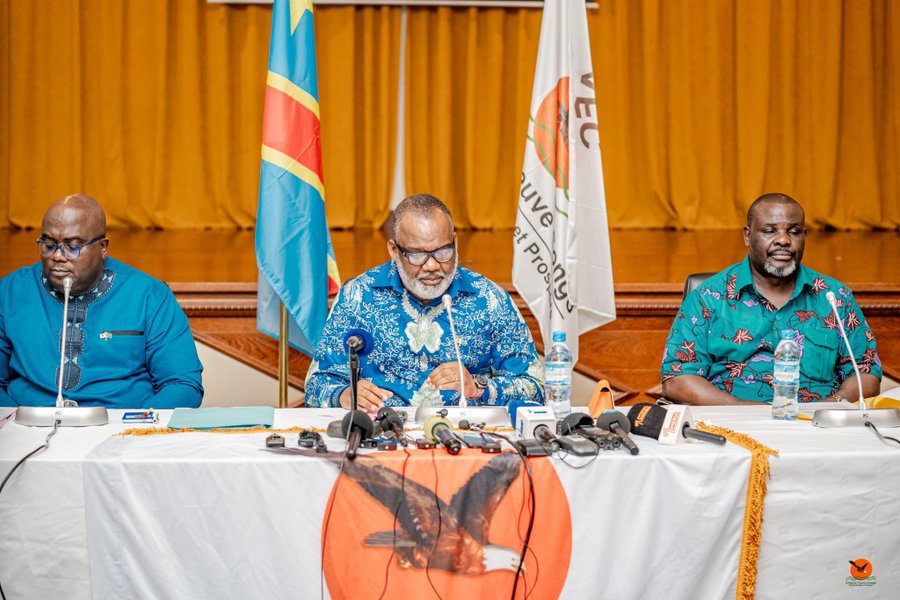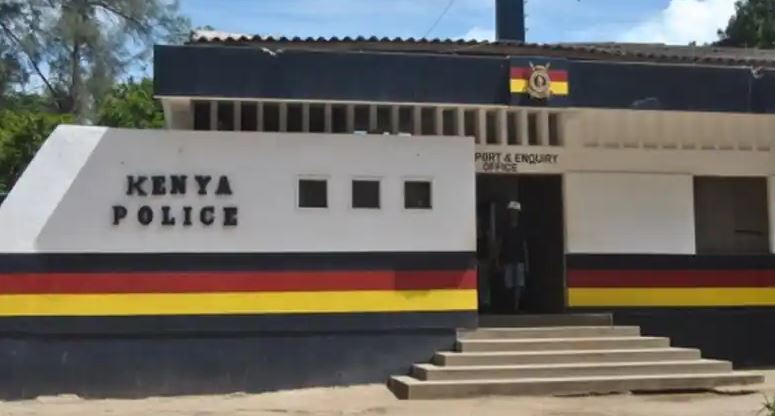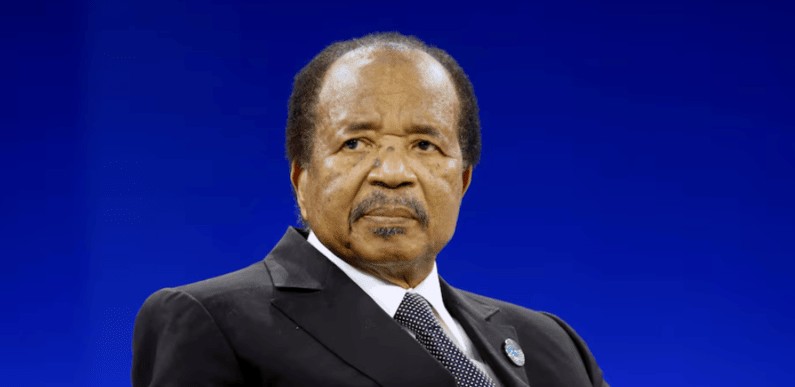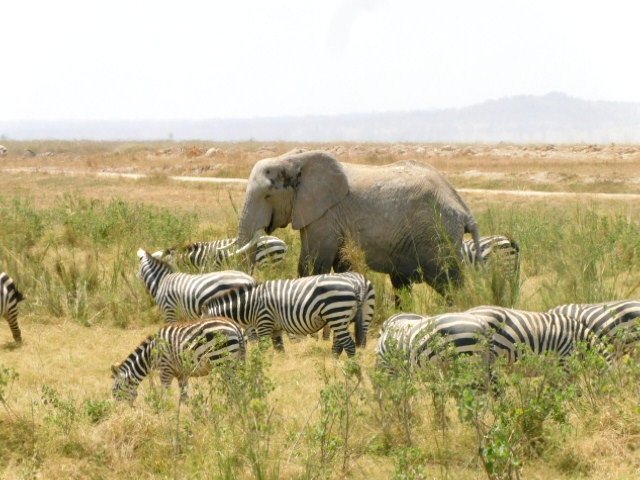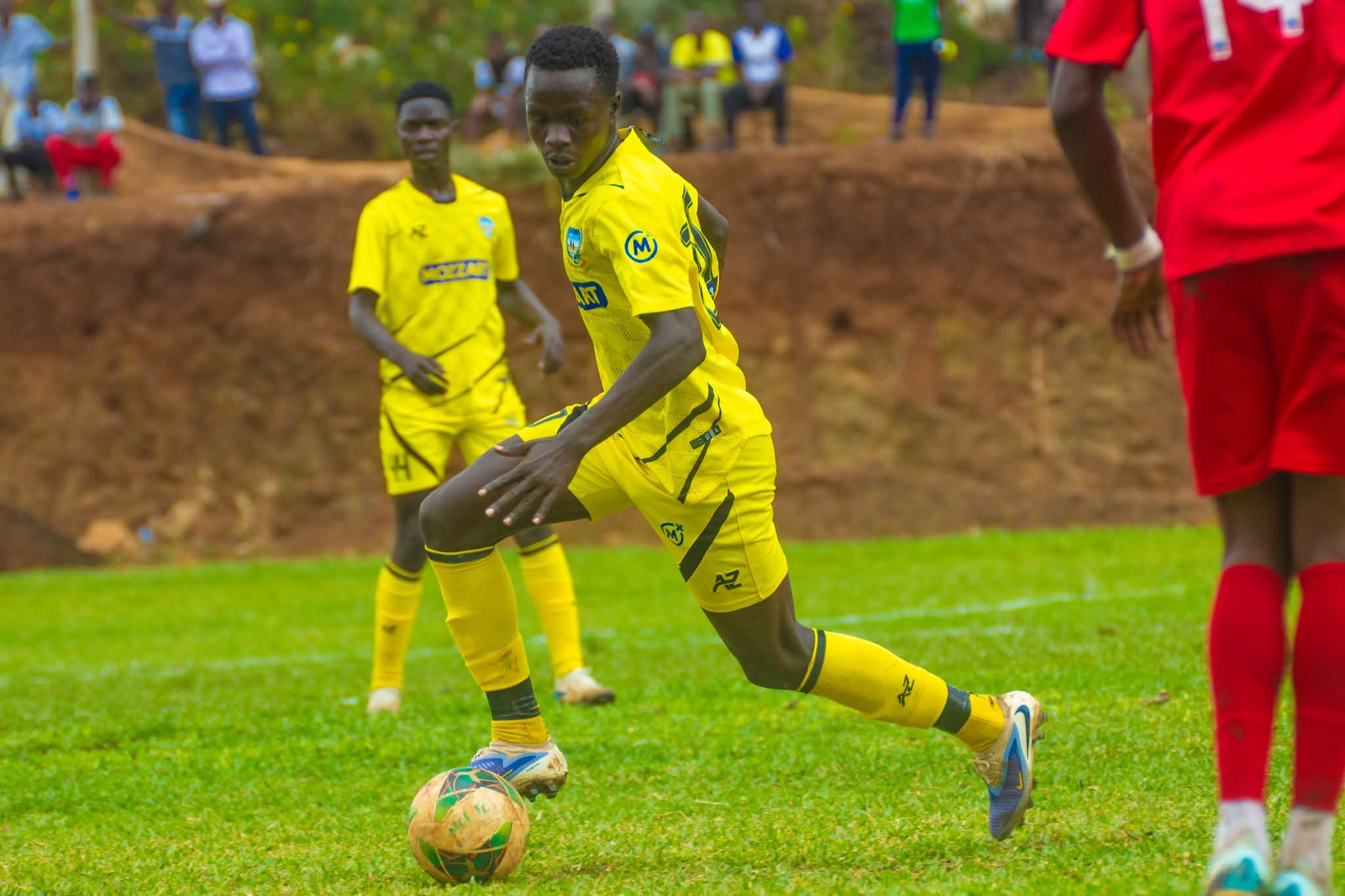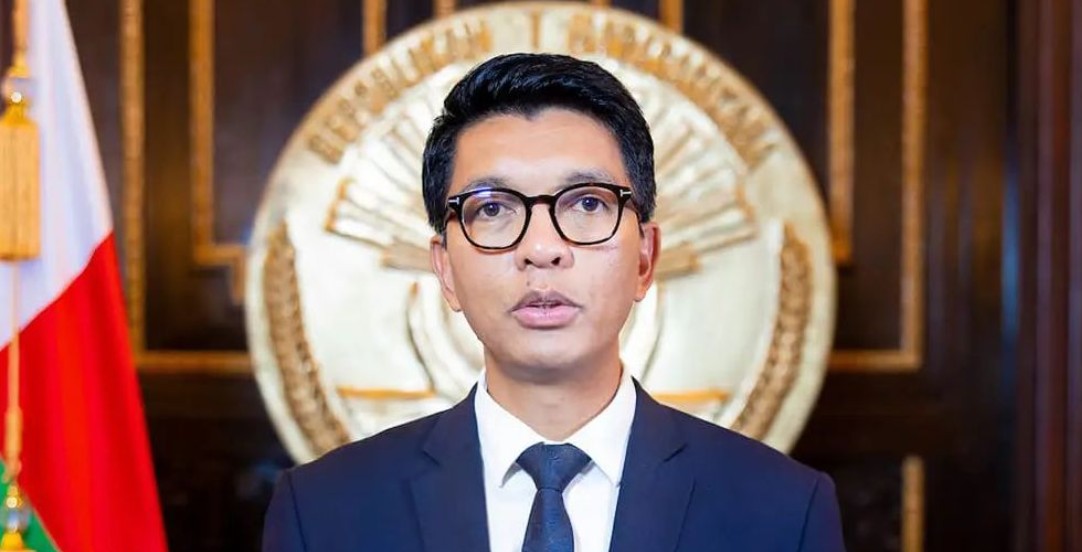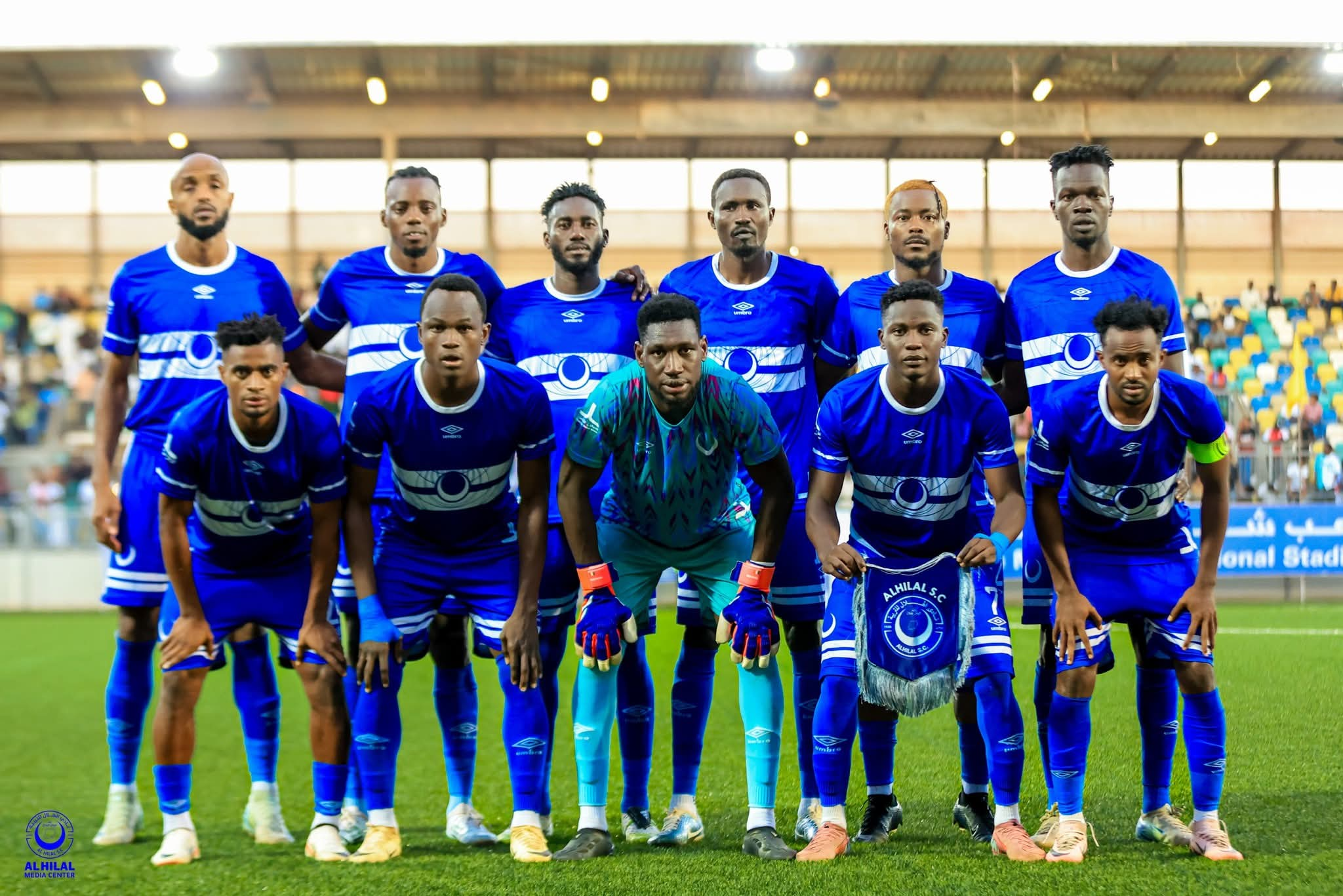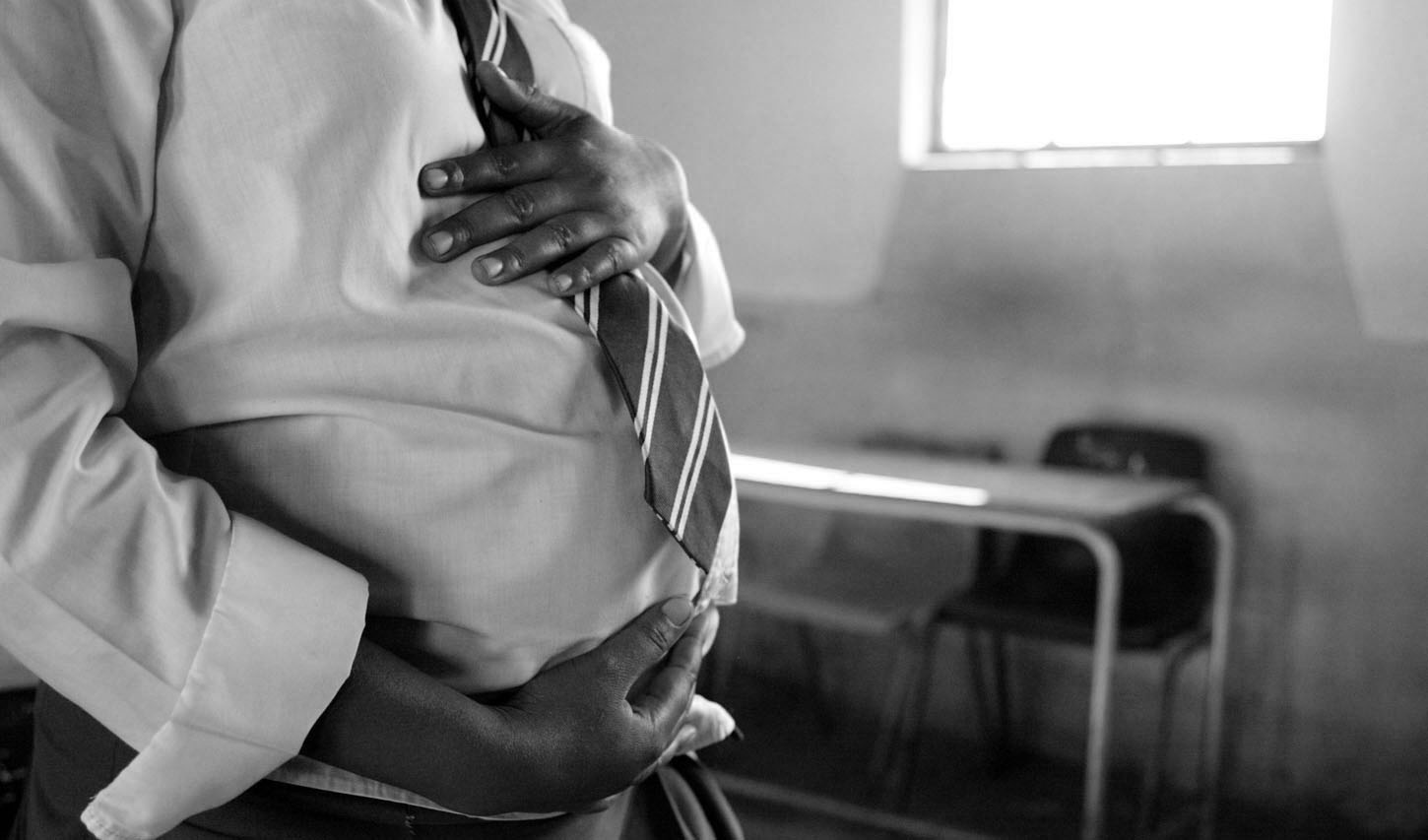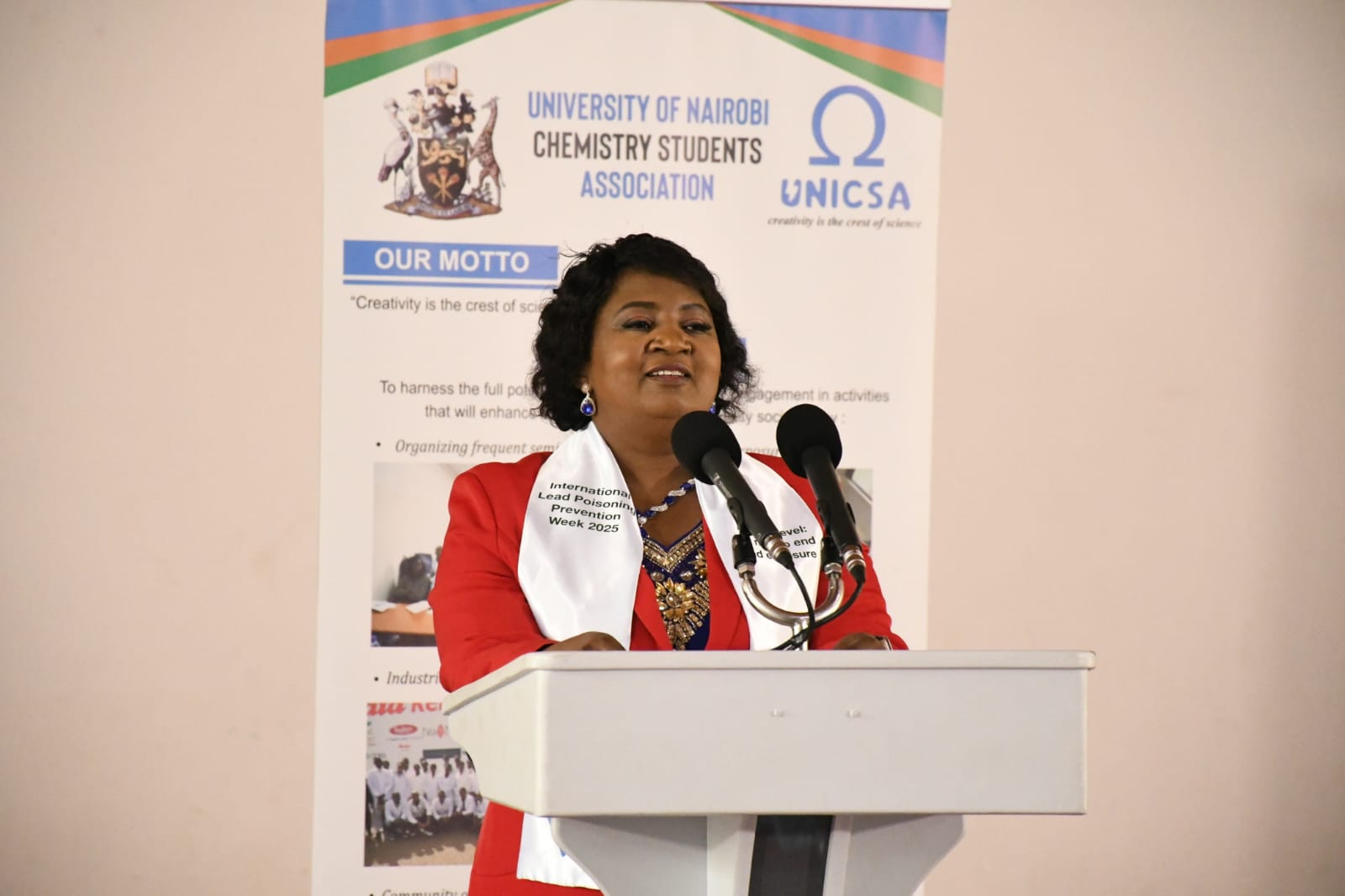Sudan prosecutors accuse ex-PM Abdalla Hamdok of 'inciting war'
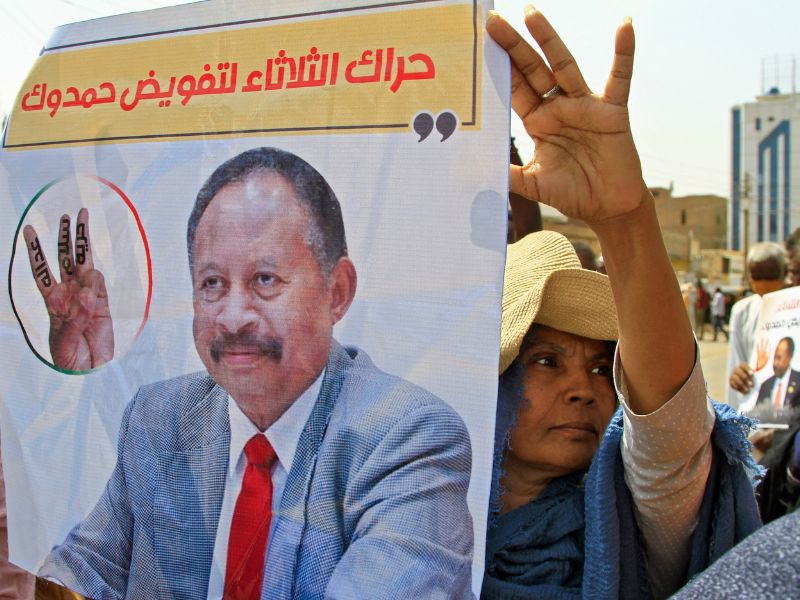
The prosecutor's office is loyal to military chief Abdel Fattah al-Burhan, whose regular armed forces have been at war since April 2023 with paramilitary leader Mohamed Hamdan Daglo.
Sudan’s prosecution has accused former Prime Minister Abdalla Hamdok of “inciting war against the state” and other charges that could carry the death penalty, according to state television.
Since April 2023, the prosecutor's office, in collaboration with military chief Abdel Fattah Al-Burhan, has filed charges against Hamdok amid the ongoing conflict between regular armed forces led by military chief Abdel Fattah al-Burhan and paramilitary leader Mohamed Hamdan Dagalo.
More To Read
- Sudan war: Three children dying every day as hunger and diseases devastate besieged El Fasher
- Suicide drones struck Sudan's capital Khartoum, forcing airport closure amid escalating attacks
- IOM urges immediate aid as Khartoum returnees surpass one million
- RSF drone attacks hit Khartoum Airport ahead of planned reopening
- Hunger crisis deepens in Sudan’s El Fasher as 229 die under RSF siege
- Ethiopian Airlines resumes flights to Port Sudan after 18-month suspension
"Fifteen other people, including journalists and politicians who, like Hamdok, live abroad, face similar charges, such as violating the constitution," state television reported on on Wednesday.
The prosecutor's office is loyal to Burhan.
Hamdok, a prominent civilian politician in Sudan, served as the country's first premier during a delicate transition period following a popular uprising that ousted long-time ruler Omar Al-Bashir.
However, former allies Burhan and Dagalo placed him under house arrest following a coup in October 2021, which resulted in his resignation in January 2022 and subsequent exile in Abu Dhabi. Despite these challenges, Hamdok has resurfaced as part of a new coalition known as Taqadum.
But since his ouster, he has become the face of the fractured civilian movements that have sought to end the standoff between the Sudan Armed Forces and the Rapid Support Forces. Sudan's protracted war has resulted in a staggering loss of life and the displacement of at least 8.5 million people, according to the UN.
Hamdok has demonstrated a willingness to engage in dialogue with Dagalo in efforts to negotiate an end to the conflict, a move with has endeared him to the RSF leader.
Dagalo, a former camel and sheep trader, rose to prominence under Bashir, who unleashed Janjaweed militias after an ethnic minority rebellion began in Darfur in 2003. The militia campaign led to war crime charges against Bashir and others.
When security personnel attacked pro-democracy demonstrators in Khartoum in June 2019 after Bashir's overthrow, it was the RSF, which emerged from the Janjaweed militia, that witnesses said was at the forefront of the bloodshed, killing at least 128 people.
However, Dagalo's embrace of civilian partner Hamdok offers the chance to gain international legitimacy, analysts have told AFP.
Tom Perriello, the US special envoy for Sudan, previously indicated that talks to end the Sudanese war could commence around April 18.
Hamdok, who was born in 1956 in south-central Kordofan province, has over three decades of experience as an economist and senior policy analyst specialising in development across Africa. His academic background includes a bachelor's degree from the University of Khartoum and a doctorate in economics from the University of Manchester in the UK.
With a career spanning roles in Sudan's Ministry of Finance and Economic Planning, the African Development Bank, the International Labour Organization, and the United Nations Economic Commission for Africa, he emerged as Sudan's civilian leader following the April 2019 ousting of longtime ruler Bashir.
Both the Sudanese population and the international community hailed Hamdok's appointment, despite his lack of direct involvement in the protest movement. He faced formidable challenges upon taking office, including political turmoil, an economic crisis, and the urgent need for peace-building efforts.
Hamdok's tenure saw significant strides, including signing a deal with rebel groups to end unrest in various regions, initiating talks with international financial institutions for debt restructuring, and successfully advocating for Sudan's removal from the US list of state sponsors of terrorism.
Despite facing criticism for certain economic reforms, such as fuel subsidy removal and currency devaluation, Hamdok remained committed to Sudan's transition to civilian-led rule.
His firm stance during tensions between the army and civilians garnered support among the population, with protesters rallying in his favour during times of crisis.
Additional reporting by AFP
Top Stories Today
